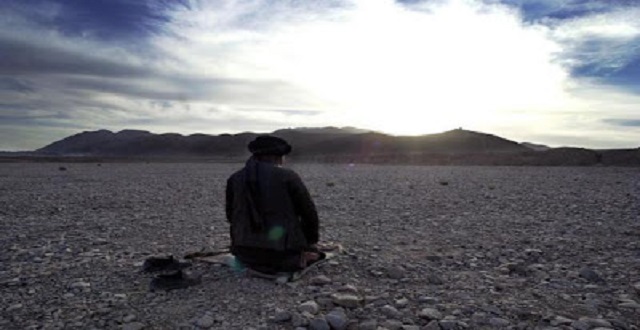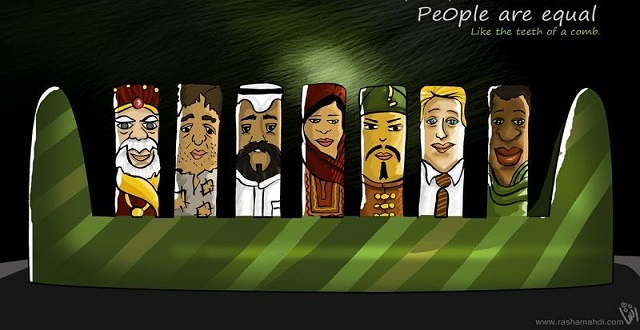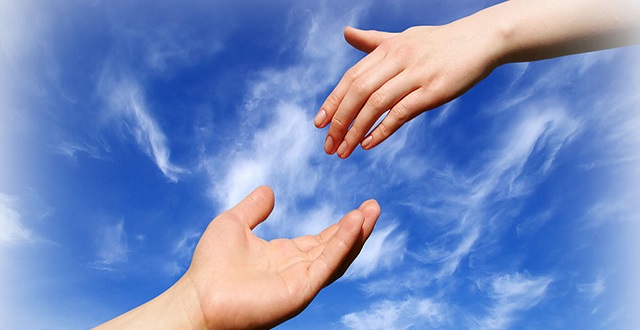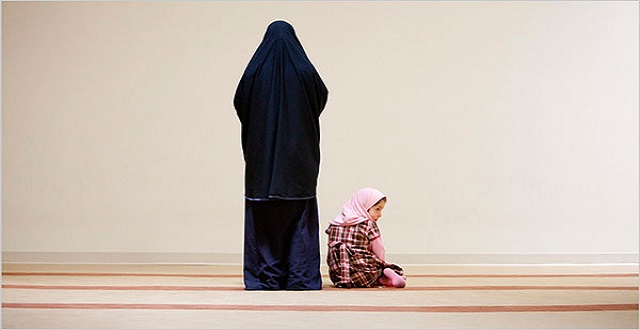Your intellect will be tried by these three

Imam ‘Ali (a.s.) said:
ثَلاثٌ يُمْتَحَنُ بِهَا عُقُولُ الرِّجالِ هُنَّ المالُ وَ الْوِلايَةُ و الْمُصِيبَةُ
Translation
There are three things based on which intellect of dignified individuals is tried: wealth, rank, and calamity. 1
Brief Description
Divine trials are the means of development and improvements and they do not have special tools.
Man may be tested by any means, but three of them are more important than the others:
– whether or not he loses his intellect and wisdom when he gains property and wealth?
– when a rank is awarded to him, whether his capacity is so fragile that he forgets everything?
– and when an unpleasing event happens to him, does he become impatient and ungrateful ?[divider]
• 1. Ghurar al-Hakam









